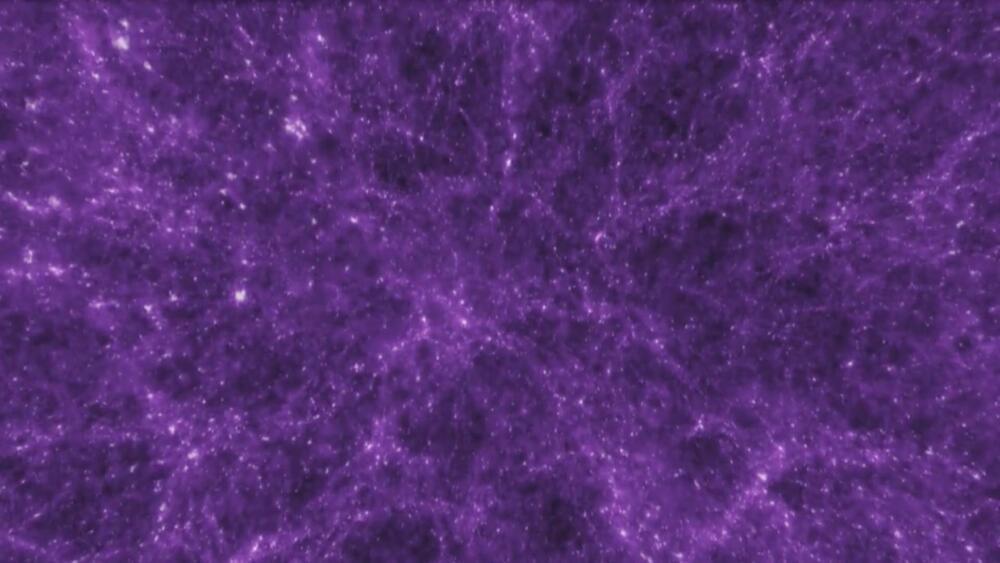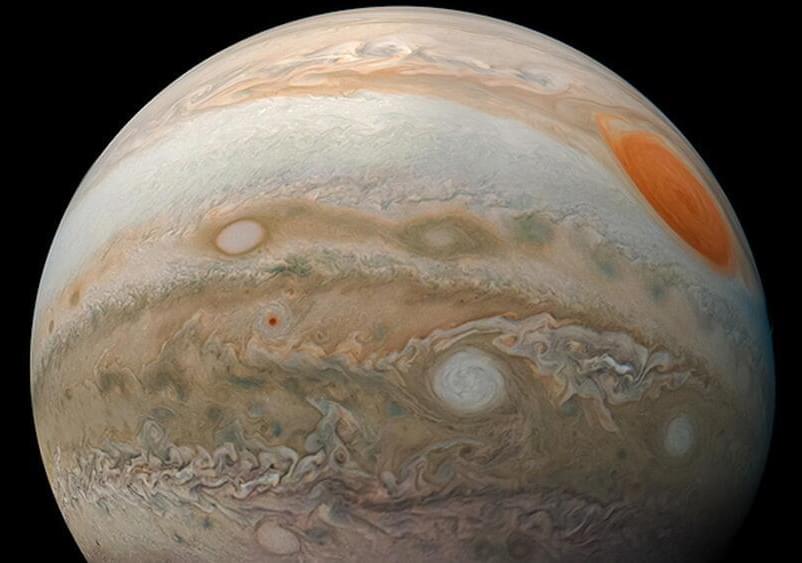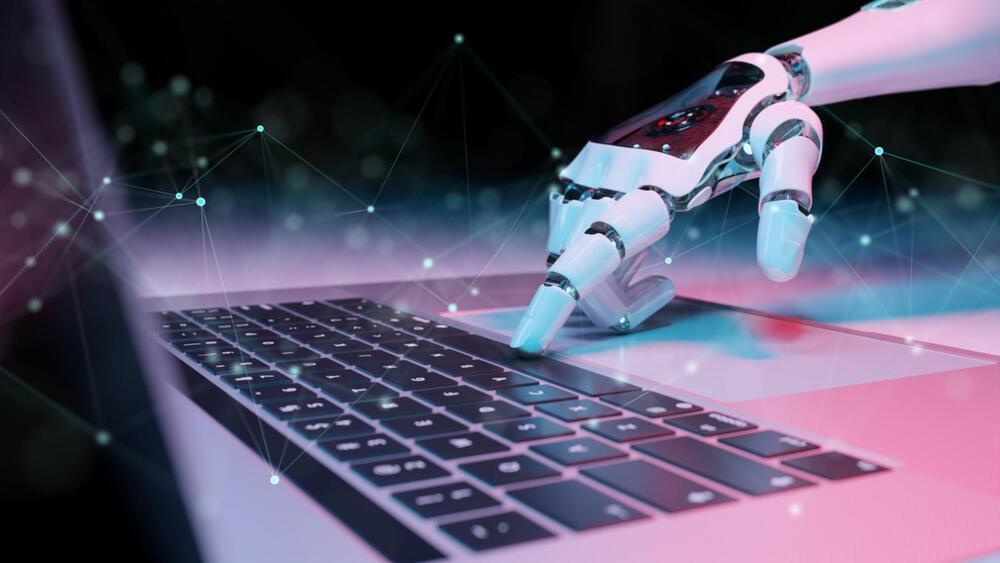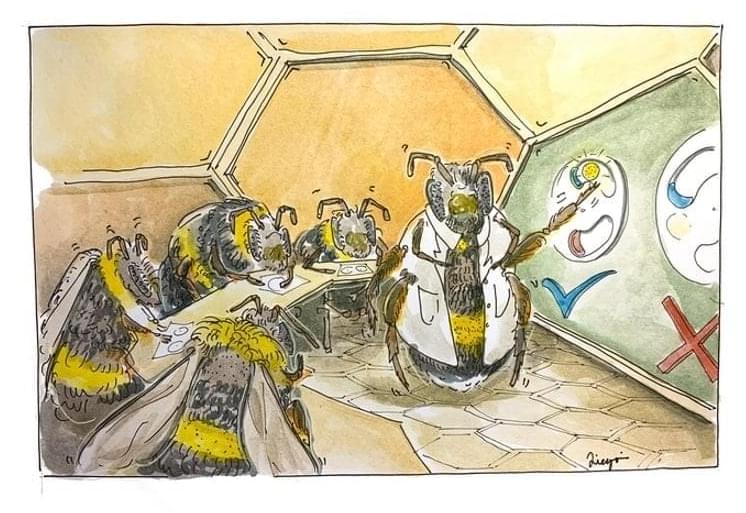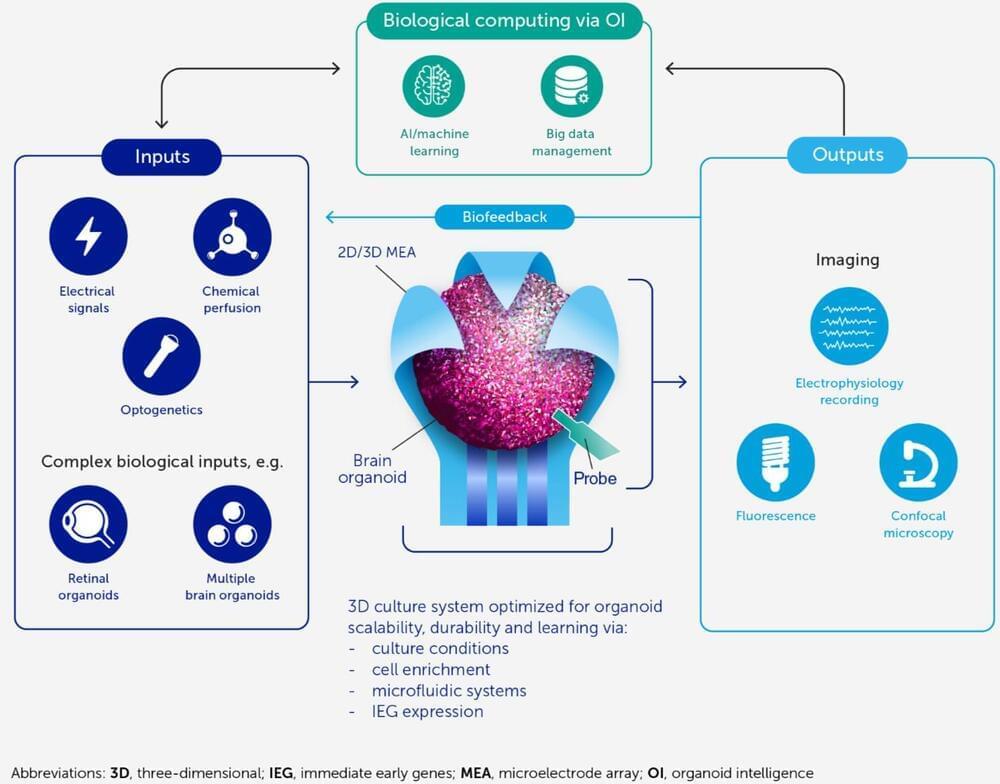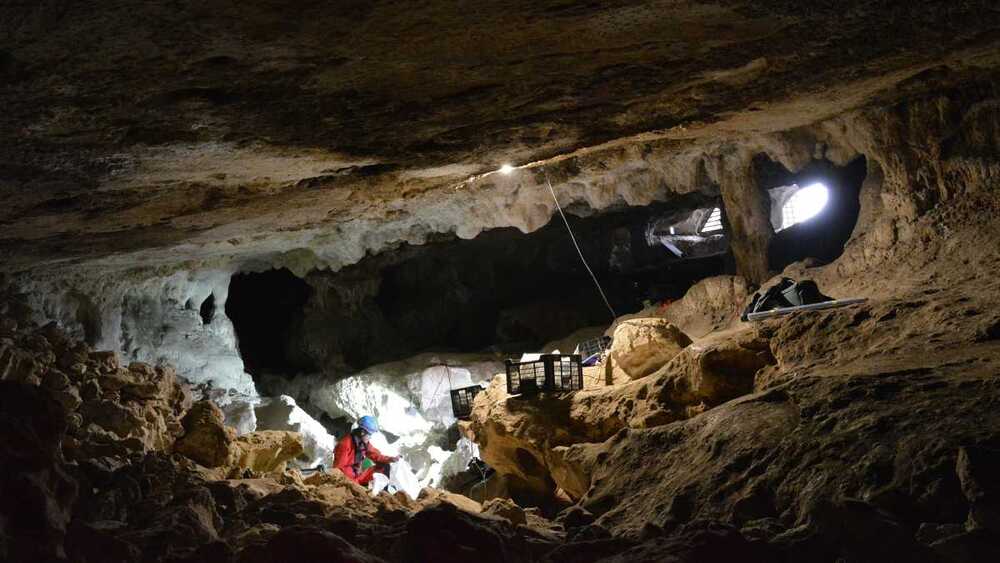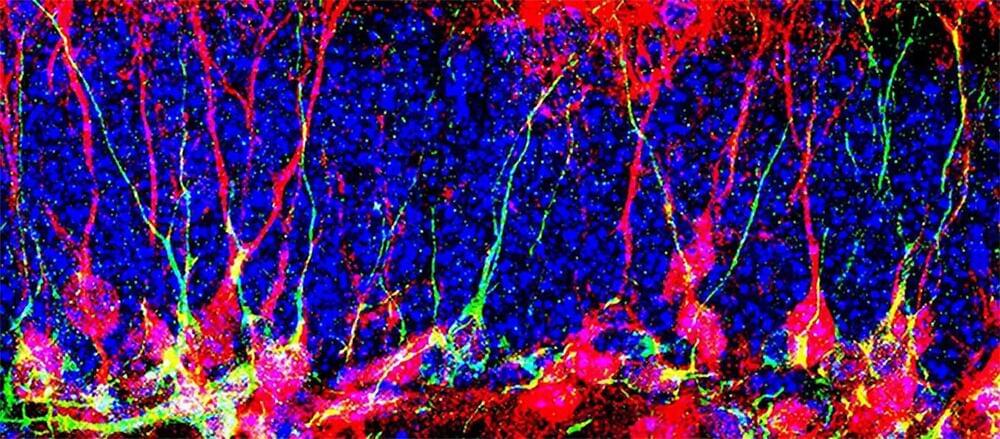Mar 7, 2023
In a first, scientists record shockwaves in the cosmic web
Posted by Gemechu Taye in categories: cosmology, mapping
First evidence of magnetic fields in the Universe’s galactic web.
The cosmic web is the name astronomers give to the structure of our Universe. It refers to the clusters, filaments, dark matter, and voids that make up the basis of this ever-expanding Universe. We can observe this via optical telescopes by mapping the locations of galaxies.
In a new research published in Science Advances, for the first time, scientists claim to have observed shockwaves moving through these galaxy clusters and filaments that make up the galactic or cosmic web. A phenomenon that has long been a universal mystery.
